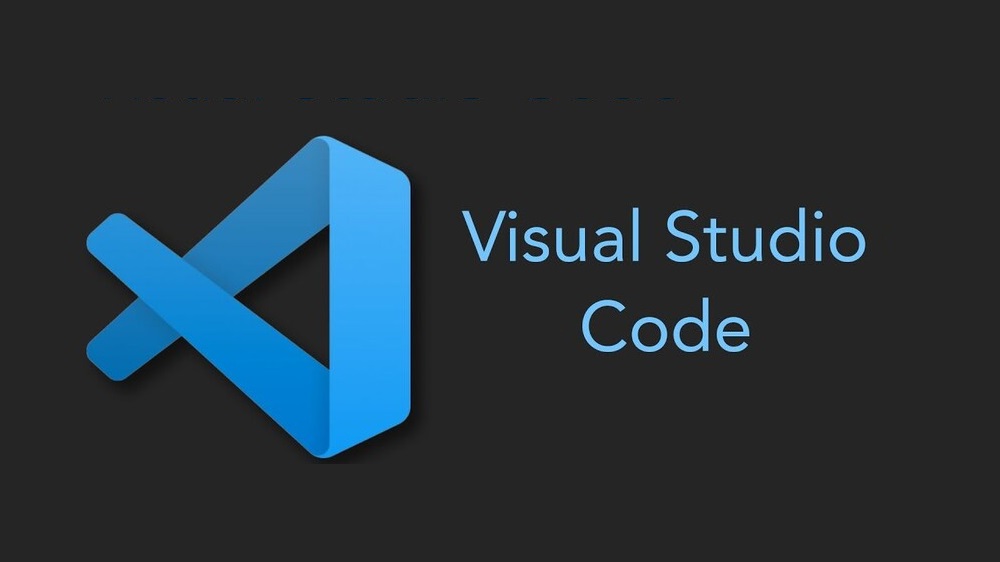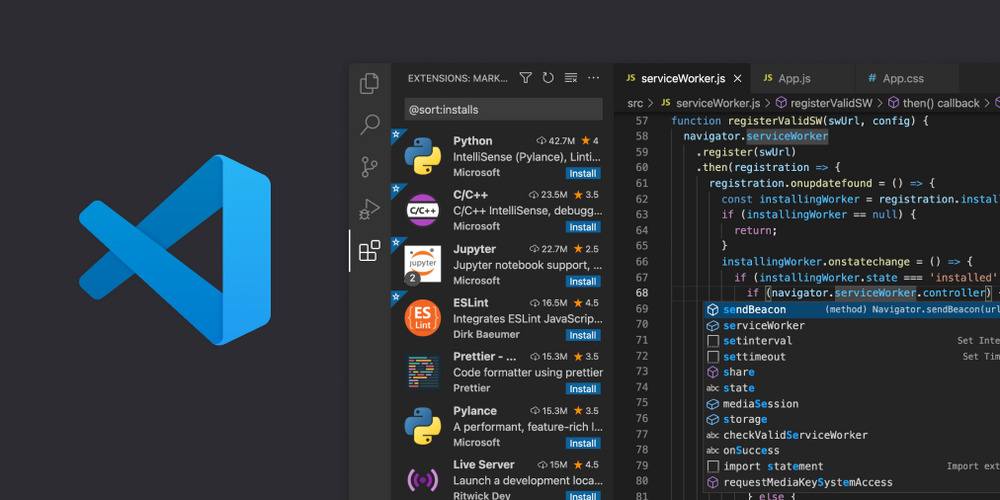
Visual Studio Code: An In-Depth Exploration of the Dynamic Coding Environment
In the vibrant universe of programming, a multitude of tools vie for the attention of developers. One name, however, consistently stands out: Visual Studio Code (VS Code). This feature-packed, open-source code editor has quickly become the go-to choice for many programmers, offering a plethora of options to streamline coding tasks and boost productivity.
Purpose
Visual Studio Code serves as a streamlined code editor with support for development operations like debugging, task running, and version control. Developed by Microsoft, its purpose is to provide a comprehensive platform where developers can write, refactor, and debug code with ease. It supports a myriad of programming languages, offering an invaluable tool that suits a vast range of programming needs.
Who uses Visual Studio Code
The versatility of Visual Studio Code has attracted a broad spectrum of users. From beginners venturing into their first line of code, to seasoned programmers managing complex projects, VS Code has something to offer everyone. It has proven popular among web developers, data scientists, application engineers, and students, making it a favorite in both professional and academic environments.
What is VS Code for?
Visual Studio Code is designed to facilitate an array of programming tasks. It can be used for building and debugging modern web and cloud applications, writing scripts, developing apps, or even creating websites. The simplicity of VS Code combined with its powerful capabilities make it an excellent tool for both learning programming languages and developing full-scale applications.

How VS Code Works
At its core, Visual Studio Code uses a combination of technologies such as Electron, TypeScript, and Node.js, enabling it to run on various platforms like Windows, Mac, and Linux. Its interface is split into several areas including the activity bar, side bar, editor groups, panel, and status bar, each serving a specific purpose in the programming workflow. Users write code in the editor groups area, and extensions can be added to augment the functionality according to a developer’s needs.
Features
VS Code is packed with impressive features aimed at enhancing productivity and user experience. Key features include IntelliSense for smart completions based on variable types and imported modules, built-in Git commands, extensive debugging with breakpoints and call stacks, and an integrated terminal for command-line operations. Furthermore, it supports a broad range of languages and frameworks right out of the box. For added customization, the VS Code marketplace offers an extensive range of plugins and extensions that can supercharge your coding experience.
Benefits
The benefits of using Visual Studio Code are manifold. Its sleek design offers a clutter-free, user-friendly environment that’s easy to navigate. The vast assortment of extensions available allow for a tailored coding experience. VS Code’s fast performance even on large codebases, alongside integrated debugging tools, aid developers in quickly spotting and fixing errors. Moreover, its robust community provides excellent support and continuously contributes to its ever-evolving capabilities.
In conclusion, Visual Studio Code stands out as a highly versatile, accessible, and effective code editor that caters to a wide array of programming needs. Whether you’re an experienced developer or a beginner stepping into the world of code, Visual Studio Code presents a powerful platform that fosters creativity, efficiency, and growth in the coding journey.
Popular topics
-
 Guard Against Cyber Threats: Top Antivirus Picks for Your PC
Guard Against Cyber Threats: Top Antivirus Picks for Your PCThe digital age has brought with it an era of …
-
 Choosing the Right VPN App for Your Smartphone: A Complet...
Choosing the Right VPN App for Your Smartphone: A Complet...Selecting the best VPN app for your smartphone can be …
-
 The Most Convenient and Popular Code Editors
The Most Convenient and Popular Code EditorsThe world of programming is vast and diverse, with various …
-
 Bluefish: The Coder’s Companion – A Comprehen...
Bluefish: The Coder’s Companion – A Comprehen...In the vast realm of coding software, Bluefish has steadily …
-
 Spine Program Review: Elevating Game Animation to New Hei...
Spine Program Review: Elevating Game Animation to New Hei...Spine stands out in the digital animation landscape for its …
